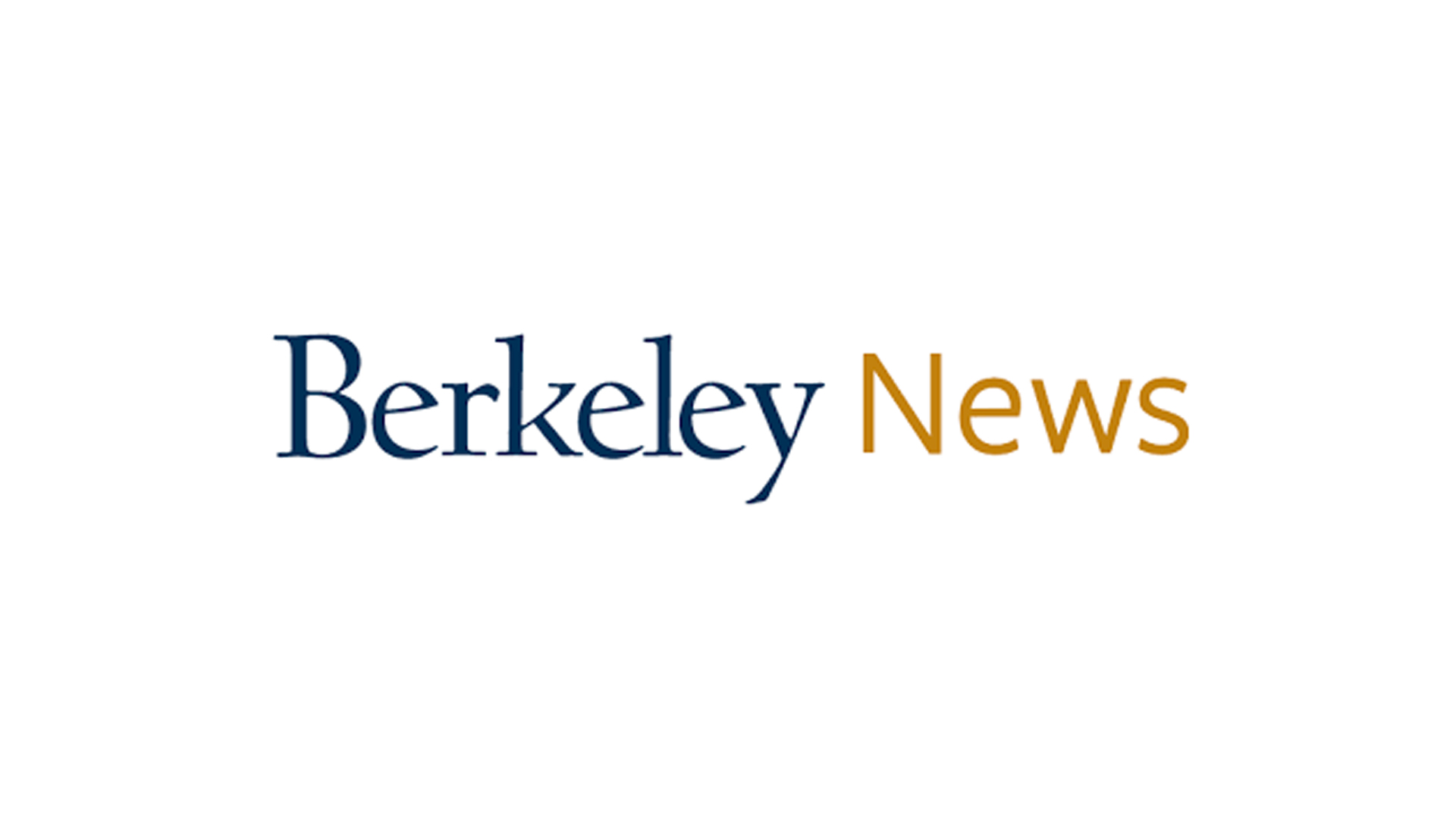Possibility Lab Featured in Berkeley News Series on How to Use Innovation to Tackle Misinformation

The Possibility Lab’s work with government partners and students was featured by Berkeley News for its innovation tackling misinformation. From the article:
Do a quick review of the top news for any day in the past 10 years and you’ll likely find that disinformation—barely disguised and often overt—has been a constant, powerful driver of political and social conflict in the U.S. and worldwide.
Consider a span of just a few weeks earlier this year: Fox News agreed to pay nearly $800 million to Dominion Voting Systems after it had falsely accused Dominion of aiding election fraud to swing the 2020 election to Democrat Joe Biden. A manipulated photo that seemed to show a bombing at the Pentagon emerged on Facebook and spread so fast that it sent shudders through the stock market. A study found that Twitter posts linked to the far-right QAnon conspiracy culthad nearly doubled. And fake photos of Pope Francis in a stylish white puffer jacket emerged on Reddit, then went viral.
The pope in a puffer? Naniette H. Coleman, a Ph.D. student in sociology at UC Berkeley, admits she fell for it and shared it with friends. Which is remarkable, because Coleman has spent much of her academic career mentoring students and advancing projects focused on information integrity.
Disinformation can find “an in with all of us — a video, a visual coming from someone we think we can trust,” Coleman said in a recent interview. “It’s hard to tell the difference between real and fake right now. And that puts us all at risk. There’s no one who’s immune. We’re all going to end up petting a rabid, frothing dog at some point.”
Coleman is among an emerging network of Berkeley scholars—in fields from computer science and journalism to public policy and national security—who are exploring solutions that could, in time, reduce its corrosive impact.
Many of their efforts share a key objective: rebuilding trust among information consumers so that disinformation gets less traction. Among the leaders in this effort is Janet Napolitano, former U.S. secretary of homeland security, former UC president, and founder of Berkeley’s Center for Security in Politics.
“The basic effect of disinformation is to erode trust — trust in the validity and credibility of the of the media, trust in the validity and credibility of government and government leaders, trust in the validity and credibility of the political process,” Napolitano said. “Disinformation goes right to the heart of that.”
The scholars offer no grand initiative to blunt disinformation, no single path to rebuilding trust. Instead, they described the importance of education: small but ambitious initiatives to increase understanding and connection and to reduce mistrust and polarization.
1. Help students at every level to build awareness and skills.
At a university, the most fundamental venues for education are the classroom and the lab.
“The big thing that universities can provide, that makes us valuable—we can teach people how to think critically, how to vet information for its source and its accuracy,” said political scientist Amy E. Lerman, director of Berkeley’s Possibility Lab. “We need to really think about how we teach people to be consumers of information, because it isn’t just knowing the information anymore that’s going to be required. It’s knowing how to know if the information is reliable.”
Our Work




